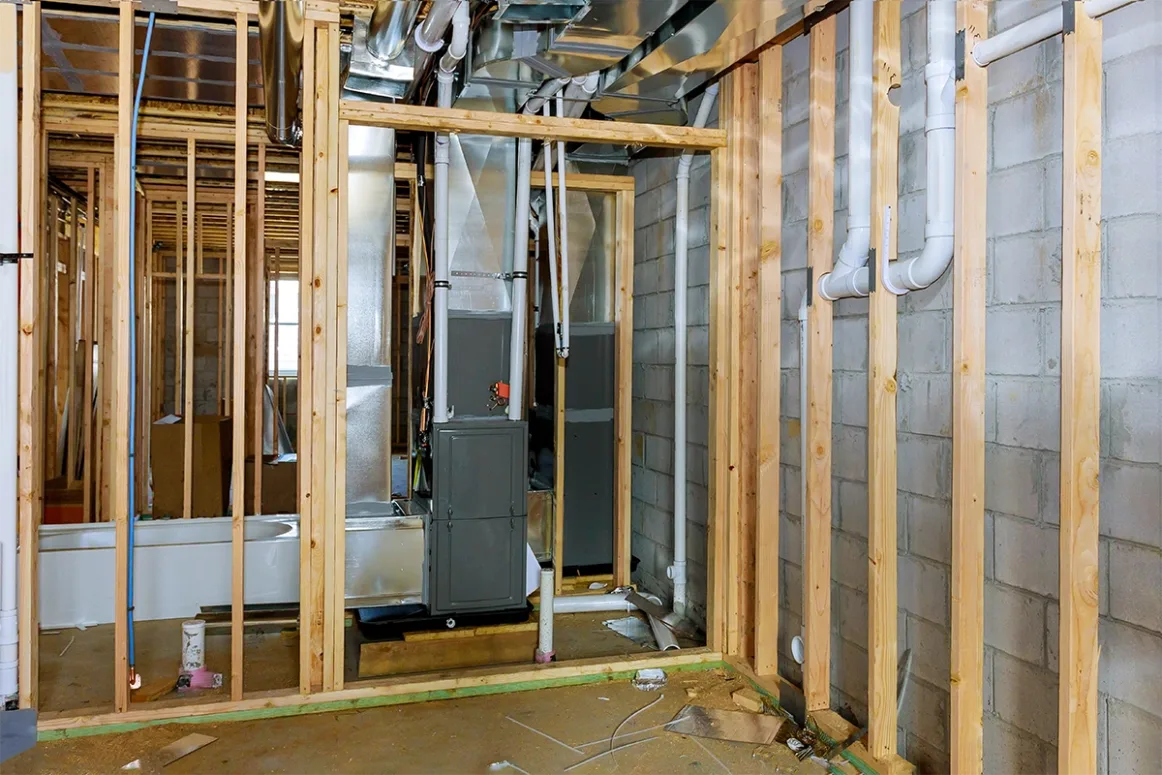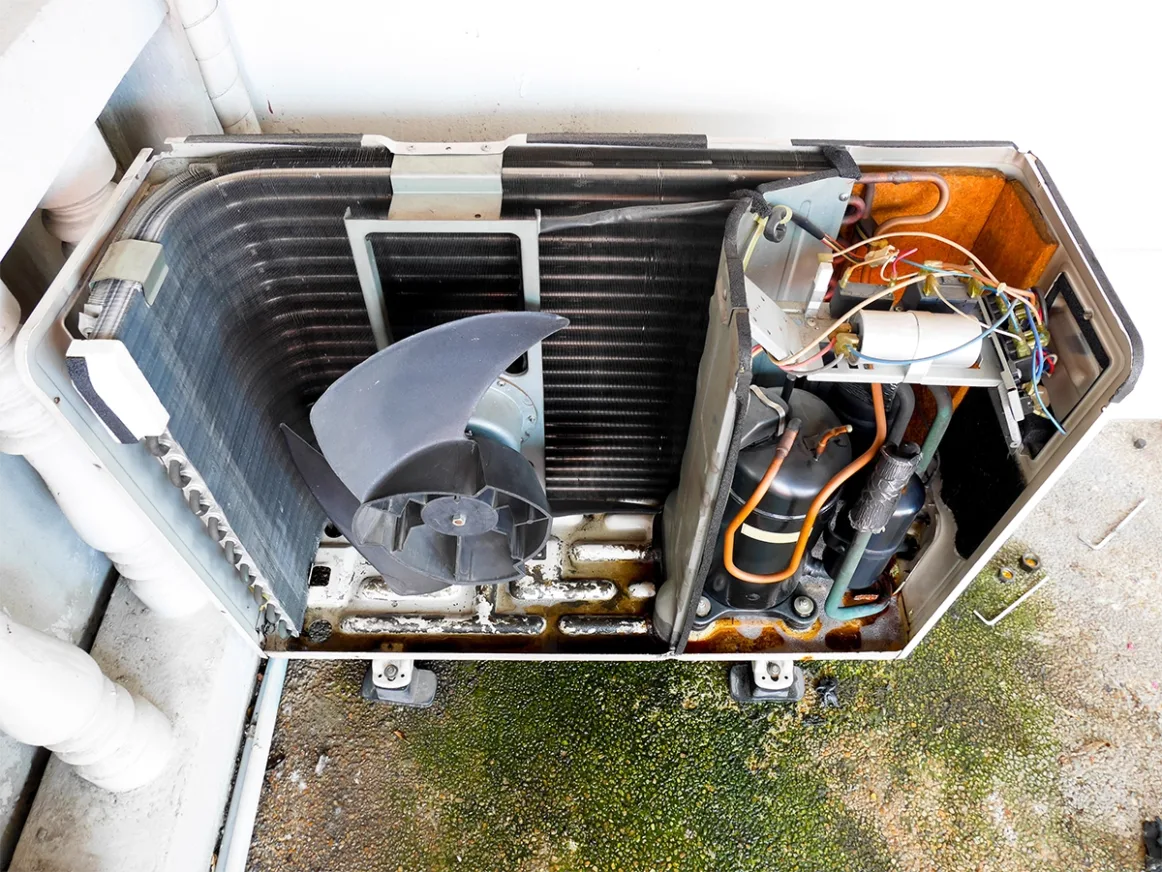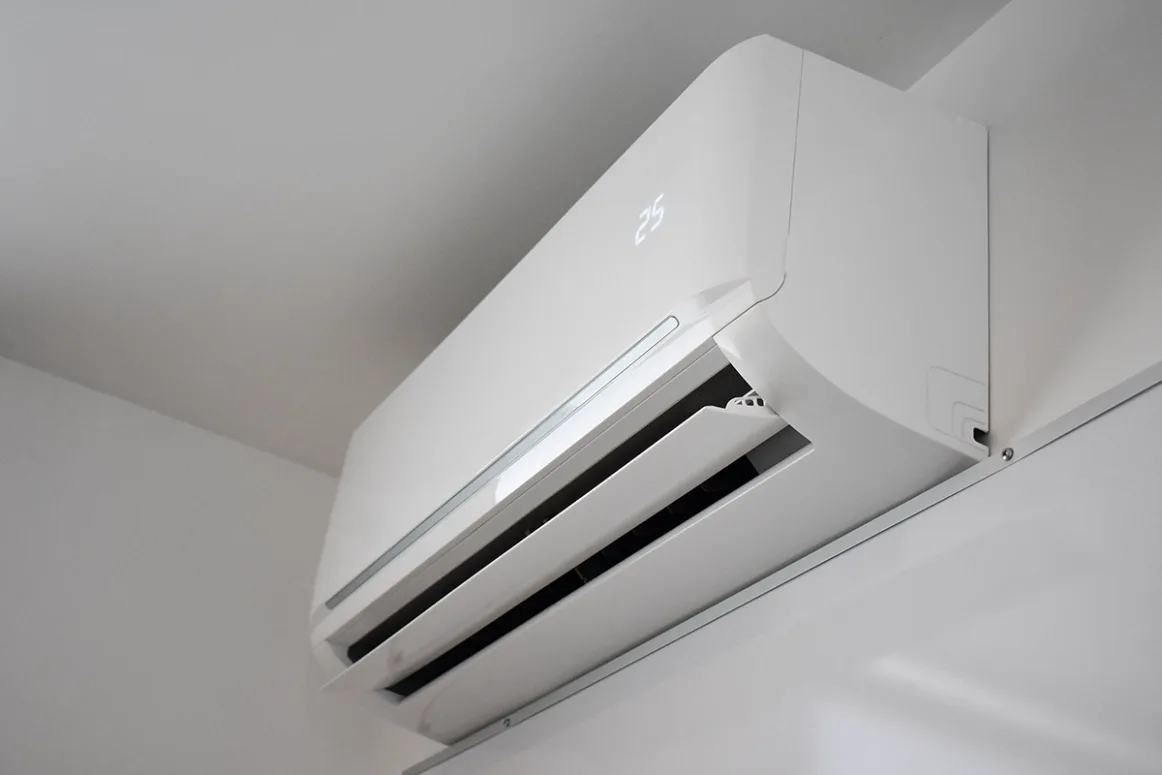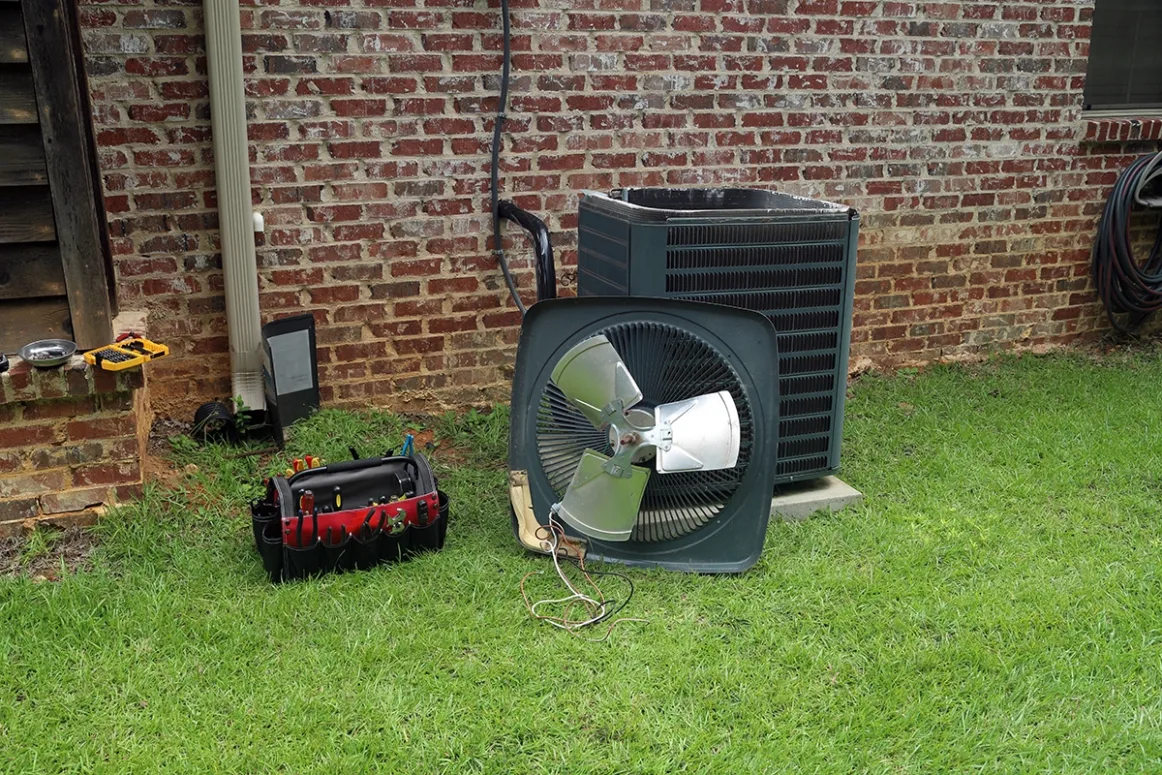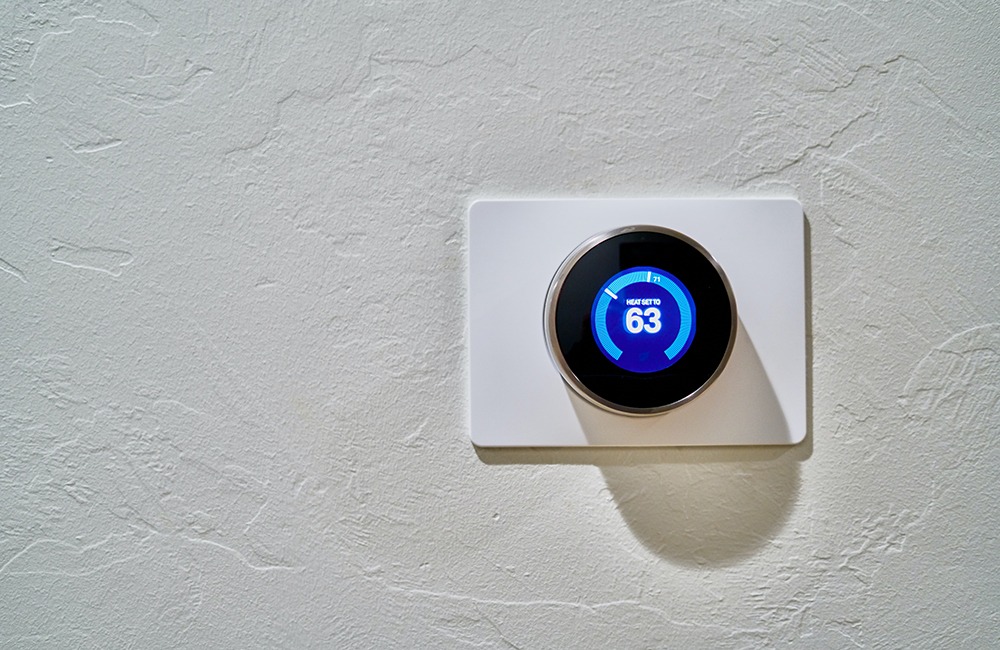
How to Use Your Air Conditioner Efficiently
Everyone wants our electrical appliances to work effectively at all times. But instead of crossing our fingers and hoping they do, there are ways we can actively work with our appliances to help them run more efficiently. Particularly in the case of air conditioners, how we use them plays a significant role in the system\’s performance and chances of malfunctioning. Small, simple measures can significantly improve the functioning of your air conditioner and the HVAC system’s longevity.
Maintain the thermostat at a stable and recommended temperature
To beat the heat, we often set the thermostat at the lowest possible temperature, which is neither recommended nor does it lower the room temperature any faster. Air conditioners typically perform their best at 78 degrees or higher during the hot summer months. If you set the thermostat any lower, your air conditioner has to work harder, and over time, this can lead to inefficient cooling.
When your A/C is on, keep the curtains and blinds closed
Direct sunlight is the best and most beautiful way to light up your house. However, it is counterproductive when your air conditioner is running. Natural light also heats your home, so even running your air conditioner on full-blast will lead to uneven cooling. When your window curtains or blinds are open, especially those that face east or west, your air conditioner will struggle to cool down your home. Keeping the curtains and blinds closed when you aren\’t using the room will help maintain more efficient and effective cooling.
Schedule your A/C timers appropriately
The timer setting is one of the key ways to use your air conditioners effectively. Set a schedule for your air conditioner so that it goes on or off according to your daily routine. For instance, you can set your air conditioners to a higher temperature when you leave for work and a lower temperature around the time you return. This way your air conditioner runs less often the rest of the day while you aren’t home, resulting in greater electricity savings. You will also always walk into a pleasantly cool room every time without paying to cool a home no one is using.
Install exhaust fans to remove hot air
Your air conditioner will be put through less strain if some of the hot air is removed from the house. For example, installing an exhaust fan in your kitchen can keep the hot air out as you cook. Running the dishwasher and the clothes dryer also creates additional hot air in a room. Either schedule these chores during a time your air conditioner isn’t working as hard or make sure to keep the exhaust fans running.
Say no to auto mode
It is a common misconception that using the auto mode setting is practical and recommended. When on auto mode, your HVAC tries to ensure that a particular temperature level is maintained throughout the day. To do so, it heats the room when the temperature level falls below a specific setting and when the temperature goes higher than the system\’s configuration, your air conditioner kicks on and tries to cool down the room. This variable heating and cooling negatively affects the system. It is recommended to set the air conditioner to “on” and program it to cool at 78 degrees (or higher if you can comfortably tolerate it) rather than using the auto setting.
Use fans whenever possible
Fans consume far less electricity compared to air conditioners. They also help distribute the cold air from your A/C unit throughout the area. Depending on the room temperature, you could use the fan and air conditioner in sync with each other. By using fans you can set your air conditioner at the recommended settings or even higher, use less energy and still remain at a comfortable temperature.
Dehumidify your house
Dehumidifiers help reduce the humidity in your house. Often when people say a room is hot, the problem is actually humidity. Removing excess moisture in the air creates a more comfortable space. Dehumidifying also helps the cool air spread more evenly, even when the air conditioner is set at or above the recommended settings. When integrated with a ceiling or floor fan, your HVAC systems will function at their best.
Make sure the doors are closed
No one wants their cold air escaping into the outdoors. Space must be air-locked for your air conditioning unit to work effectively. Make sure doors and windows are closed tightly and try to seal any cracks where cool air can escape.
These are some simple and effective tactics you can use to help your air conditioner perform its best. Following these tips will help you get the most longevity and efficiency out of your A/C unit. If you are using these methods and still not happy with the performance of your air conditioning unit, there may be mechanical issues that need to be addressed. Contact a local HVAC specialist for help returning your home to a cool, comfortable space.
A quick overview of the topics covered in this article.
Latest articles
July 8, 2025
July 8, 2025


